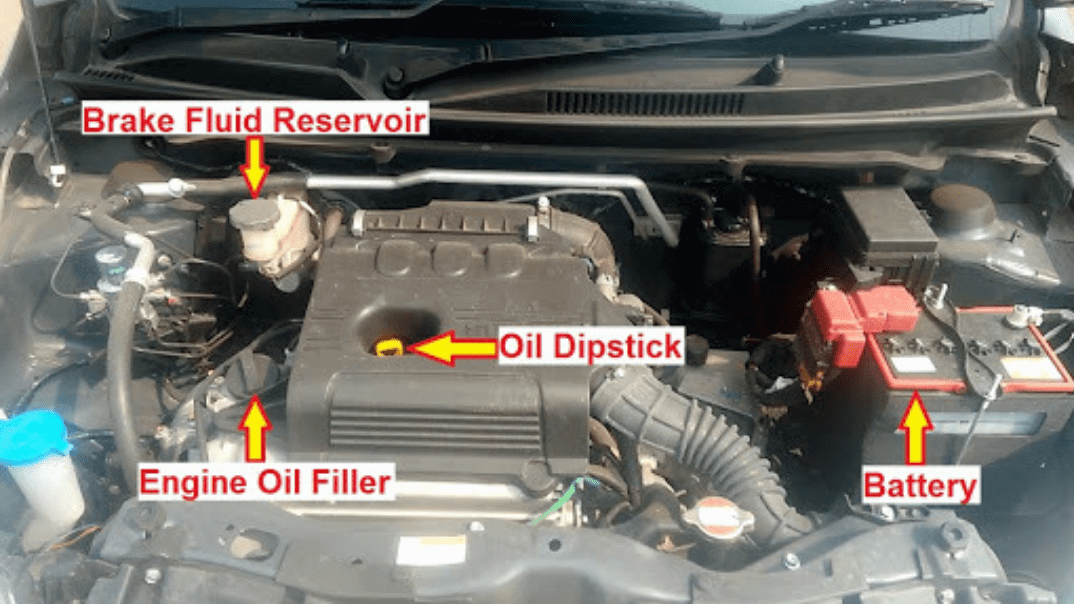 There are plenty of car myths out there, and many of them are told to us in the form of ‘advice’ from people we know. Ask five people how often you should change the oil in your car, and you’ll get five different answers. This should be your first clue that it’s probably best to consult your owner’s manual.
There are plenty of car myths out there, and many of them are told to us in the form of ‘advice’ from people we know. Ask five people how often you should change the oil in your car, and you’ll get five different answers. This should be your first clue that it’s probably best to consult your owner’s manual.
This ‘chaos’ of information is why you should first and foremost trust the manufacturer guidelines - they built the car, so it’s a safe bet they know how best to maintain it.
That said, most of us are partial to believing some of the more believable myths, especially if they’ve come from what we consider to be a trustworthy source. So, to make sure your car doesn’t suffer due to poor advice, below are some of the most common car oil myths that you should be aware of when diagnosing your car.
1. You should check your oil every time you fill-up
This only applied to some very unfortunate vehicles that were produced until around twenty (or more) years ago. If you’re driving a car that was built in this decade, then there is no reason for such frequent oil checks. Contact the manufacturer or a dealership and ask them whether you should be keeping an eye on your car oil. Their answer will depend on the age of your vehicle, service history etc. While you certainly can get your oil checked at a fuel station, it’s not essential to do it too frequently but if you feel you are using a lot of oil it’s wise to take your car to your local dealer for a check-up.
2. Additives are essential for better performance
It’s true that most manufacturers put additives into their oil, but buying off-the-shelf additives is not advised. In some cases, it can actually damage your engine, but most often there will be absolutely no benefit and you’ll just end up wasting your money.
If you want to make sure your car oil has the right additives, it’s best to purchase the oil recommended by your vehicle manufacturer.
This article has some good insights into what additives really are, and when they are needed.
3. All car oils are the same
Another widespread myth is that all car oil is the same and it makes no difference which one you put into your car. Please don’t fall for this one! Using the wrong oil in your car can be a costly mistake.
The reason manufacturers recommend a specific oil is because they work closely with oil manufacturers to ensure the perfect match between the engine and the oil. By adding the wrong oil you’re not letting your engine run as it was designed. This can lead to anything from decreased engine performance to, in extreme cases, severe engine damage.
Many of these car oil myths have been around for so long that they’re accepted as fact. So whether you’ve been driving for decades or have just got your license, the best advice when it comes to engine oil is to stick to your manufacturer or owner’s manual guidelines. Your car and your budget will thank you for it.
For more interesting and helpful articles like these, subscribe to our blog and we will deliver maintenance and driving advice straight to your inbox.
For more interesting facts and guidelines on expanding on your car knowledge download our 101 car facts.




